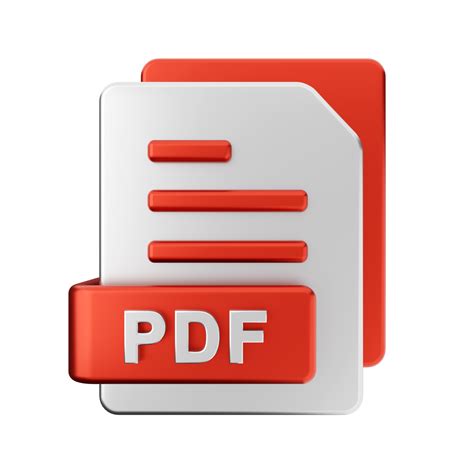Greenaway reflection model
 Learning through reflection - ResearchGate)
Webtraining, consultancy and publications, or for enquiries about tailor-made events, please contact: Roger Greenaway, Reviewing Skills Training. 9 Drummond Place Lane STIRLING FK8 2JF SCOTLAND. tel/fax +44 … This model can be used to think and reflect on a situation and can help to structure written reflections. The model is easy to remember and goes over the main aspects of what is helpful to consider when reviewing an experience. In the original model there is little to no emphasis on thoughts you had during the … See more The first F represents hard facts. Here you can examine the sequence of events and key moments. If you are working through the model with other people, it can be interesting to see if … See more Here is where you can describe the feelings in the situation. Feelings can guide you to fully understanding the situation and so your learning is better grounded in the … See more Here you take your findings and consider how to implement them in the future. Helpful questions: 1. How do you imagine using what you have … See more Here you can start investigating and interpreting the situation to find meaning and make judgements. The main questions are ‘how’ and ‘why’. Helpful questions: 1. Why … See more
Greenaway reflection model
Did you know?
WebThe Active Reviewing Cycle is an holistic approach to reflection and review, while Experiential Marketing is an holistic approach to marketing which includes concepts such as: 'Customer Experience Management', the 'Experiential Selling Paradigm', 'understanding what experience the customer wants' and 'creating holistic experiences for customers ... WebMar 14, 2024 · The ERA cycle (Jasper, 2013) is one of the most simple models of reflection and contains only three stages: Experience; Reflection ; Action; The cycle …
WebA simple three-stage model is often used to represent the process of reflection (Fig. 1). Table 1 outlines a number of definitions of reflection that make reference to the active … WebThe reflective model according to Gibbs is based on several stages, during which you are required to answer several questions in order to go as deep as possible with your reflections. Gibbs suggests the following stages: description, feelings, evaluation, analysis, conclusions and action plan.
WebThis framework was created by Dr Roger Greenaway, an expert on training teachers and facilitators. This four level process enables you to critically examine the circumstance … WebNov 10, 2024 · Facts, Feelings, Findings, and Future are the 4 F’s which when combined by DR. Roger Greenaway made the reflection model of 4 Fs of active reviewing. Dr. Roger, with expertise in the education sector …
WebNov 11, 2024 · Overview. Gibbs' Reflective Cycle was developed by Graham Gibbs in 1988 to give structure to learning from experiences. It offers a framework for examining experiences, and given its cyclic nature …
Web1. Reflective Observation (reviewing) 2. Feelings (what did I experience?) 3. Assess Behavior & Consequences 4. Description of Experience Conceptualize 1. Abstract … songs sang on the voiceWebFeb 12, 2024 · Gibbs Reflective Cycle It is a type of model that enables to explore situation by themselves. In order to words, it is helpful enough to coach other so that they will be … songs roy orbisonWebGibbs' reflective model. Gibbs' (1988) model of reflection, like the Rolfe model described above, was originally devised for nursing, but - like Rolfe's work - has become popular … small front yard privacy landscapingWebThe model used by Endeavour and YMCA to describe their way of working uses the same ... "Experience plus Reflection equals Learning". Although it is possible to trace the source theories, the ... from Powerful Learning … songs roy orbison wroteWebGreenaway Model of Reflection What is Greenaway's model of reflection? In 1995, Greenaway presented the DO – REVIEW - PLAN model. Prior to this 1995 article, … small frost free chest freezersWebGuiding principles: Teaching reflection #4. Outline components of critical reflection •Example 5: Greenaway’s 4 F's of reflection •Facts:An objective account of what happened •Feelings:The emotional reactions to the situation •Findings:The concrete learning that you can take away from the situation •Future:Structuring your learning ... songs scaryhttp://myreflectivepracticejuanes.weebly.com/greenaways-model.html songs school